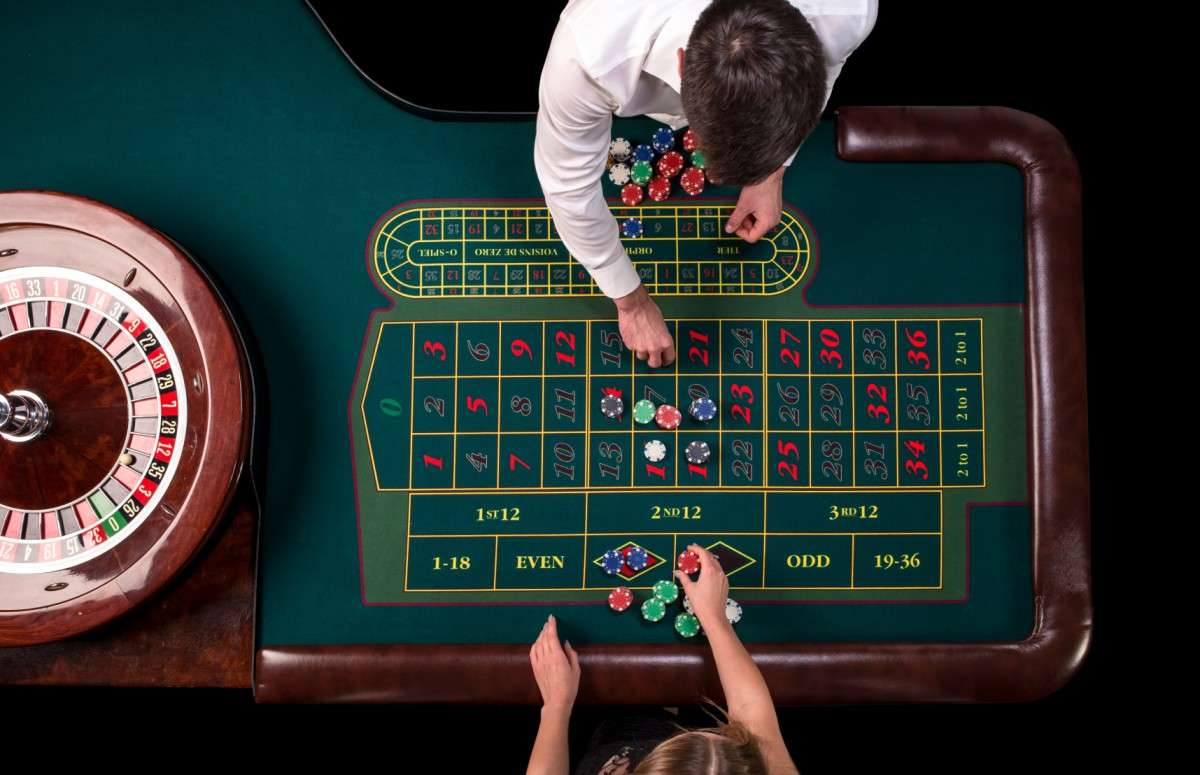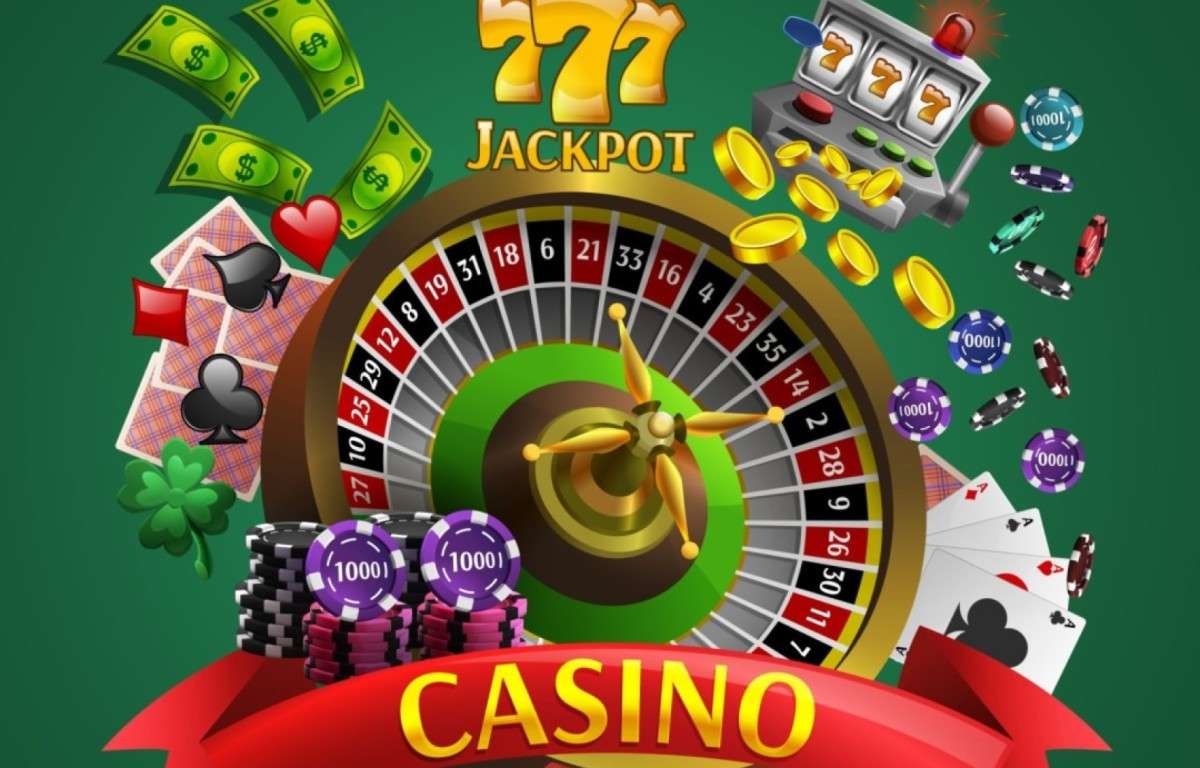Poker is more than just a game of chance; it’s a game of skill and strategy. In this blog, we’ll share expert tips and strategies from professional players, breaking down essential techniques to help you improve your game and increase your chances of winning big.
Poker is more than just a card game—it’s a test of skill, strategy, and mental discipline. While luck plays a part in the short term, long-term success in poker is driven by a player’s ability to consistently make the best decisions at the table. If you’re serious about mastering poker, learning from the pros can take your game to the next level. In this guide, we’ll dive into essential tips and strategies that professional poker players use to dominate the tables and build long-term success.
1. Understand the Basics of Poker
Before mastering advanced strategies, it’s crucial to have a solid grasp of poker fundamentals. Here’s a quick refresher on some basic poker concepts:
- Poker Hand Rankings: From the Royal Flush (the best hand) to High Card (the weakest hand), understanding hand rankings is key to knowing when to bet, fold, or bluff.
- Betting Rounds: In games like Texas Hold’em, there are four main betting rounds: Pre-flop, Flop, Turn, and River. Players can bet, call, raise, or fold during these rounds.
- Position: Your position at the table—where you sit relative to the dealer button—affects your betting strategy. Being in a late position is generally more advantageous because you get to see how other players act before you make your move.
2. Play Tight-Aggressive
One of the most recommended strategies for poker beginners and intermediates is the “Tight-Aggressive” playstyle. This involves playing fewer hands (tight) but betting and raising aggressively when you do decide to play. Here’s why it works:
- Tight: By being selective with your starting hands, you avoid playing weak hands that are likely to lose you chips. Strong starting hands, like high pairs (Aces, Kings) and suited connectors (like A-K), give you a better chance of winning the pot.
- Aggressive: When you play strong hands, be aggressive with your bets. This forces weaker hands to fold and builds larger pots when you have the best hand.
Tip from the Pros:
Phil Ivey, a legendary poker pro, is known for his disciplined and tight-aggressive playstyle. He advises players to “pick your spots carefully” and avoid unnecessary risks.
3. Master the Art of Bluffing
Bluffing is an integral part of poker, and knowing when and how to bluff can significantly improve your game. However, it’s not about bluffing every hand; it’s about choosing the right moments to deceive your opponents.
When to Bluff:
- Against Fewer Players: Bluffing against one or two players is more effective than bluffing against a full table.
- In Late Position: Bluffing from a late position is generally more successful because you’ve seen how other players act, and you can apply pressure on them.
- When the Board is Favorable: Bluff when the community cards create a plausible strong hand (e.g., a flush or straight draw that matches your betting pattern).
Tip from the Pros:
Daniel Negreanu, a poker professional known for his reading ability, says, “Bluff with a purpose.” Bluffing randomly or without understanding your opponent’s tendencies will rarely be successful. Instead, bluff in situations where you believe your opponents are weak or hesitant.


4. Read Your Opponents
One of the biggest advantages professionals have over amateurs is their ability to read opponents. This involves paying close attention to your opponents’ behavior, betting patterns, and even body language in live games.
Things to Look For:
- Betting Patterns: Do they bet big when they have a strong hand and bet small when they are unsure? Are they raising too often?
- Tendencies: Are they playing conservatively or aggressively? Do they fold often, or do they play too many hands?
- Timing: How quickly or slowly do they make decisions? A fast bet may indicate confidence, while a slow decision could mean indecision or weakness.
Tip from the Pros:
World Series of Poker champion Doyle Brunson says, “Poker is a game of people, not just cards.” Understanding your opponent’s tendencies and mindset is just as important as knowing the odds.
5. Manage Your Bankroll
Bankroll management is often overlooked by beginner players, but it’s one of the most critical aspects of long-term poker success. Even if you’re a skilled player, poor bankroll management can quickly lead to losing your entire stack.
Key Bankroll Tips:
- Play Within Your Limits: Only play games where the stakes fit your bankroll. A common rule is to have at least 20-30 buy-ins for cash games and 50-100 buy-ins for tournaments.
- Avoid Chasing Losses: If you’re on a losing streak, resist the urge to move up in stakes to win back your money. Stay disciplined and stick to your limits.
- Set Stop-Loss Limits: Determine in advance how much money you’re willing to lose in a session, and stop playing when you reach that limit.
Tip from the Pros:
Professional poker players like Chris Ferguson stress that bankroll management is the key to longevity in poker. “No matter how good you are, variance will catch up with you. You need to manage your money properly.”
6. Learn Pot Odds and Expected Value
To succeed in poker, you need to understand the math behind the game. Learning pot odds and expected value (EV) helps you make better decisions on whether to call, raise, or fold.
- Pot Odds: This refers to the ratio between the current size of the pot and the cost of a contemplated call. By comparing the pot odds with your odds of completing a winning hand, you can determine whether calling is profitable in the long run.
- Expected Value (EV): This is the long-term average of a specific decision. If a decision has a positive expected value, it’s a profitable move over time. Professionals calculate EV to decide whether a bet or fold is the most profitable decision in the long run.
Tip from the Pros:
Justin Bonomo, known for his mathematical approach to poker, says, “Every decision in poker is based on expected value.” Learning how to calculate pot odds and EV can give you a big edge over opponents who rely solely on instinct.
7. Adjust Your Play Style
Professional poker players are not rigid in their playstyle—they adjust based on the table dynamics, opponents, and stack sizes. Flexibility is key to staying unpredictable and hard to read.
- Against Tight Players: Be more aggressive, stealing blinds and betting with confidence when they show weakness.
- Against Loose Players: Play conservatively and let them make mistakes by over-betting or bluffing too often.
- In Tournaments: As the tournament progresses and blinds increase, adjust your strategy to take more risks or preserve your chip stack.
Tip from the Pros:
Tom Dwan, a professional known for his aggressive and unpredictable style, says, “The key to winning at poker is to constantly adjust and adapt to your opponents.” Sticking to the same strategy all the time will make you easy to exploit.
8. Develop Emotional Control
Poker is as much a mental game as it is a physical one. “Tilt” is a term used to describe players who let emotions influence their decisions after a bad beat or a losing streak. To master poker, you must stay calm and focused, even when things aren’t going your way.
How to Avoid Tilt:
- Take Breaks: If you feel frustrated or emotional after a loss, step away from the table for a few minutes to regain composure.
- Focus on Long-Term Success: Remember that poker is a game of long-term results. Losing one hand or even one session doesn’t mean you’re a bad player.
- Stay Positive: Maintain a positive mindset by focusing on making the right decisions rather than on short-term outcomes.
Tip from the Pros:
Phil Hellmuth, known as the “Poker Brat,” learned to control his emotions after early career struggles with tilt. “When you’re on tilt, you make irrational decisions. Keep your emotions in check, and you’ll stay on top of your game.”
Conclusion: The Path to Poker Mastery
Mastering poker is a journey that requires time, patience, and continuous improvement. By adopting a disciplined approach, learning from your mistakes, and applying these proven tips and strategies from professional players, you can dramatically improve your poker game. Whether you’re playing cash games, tournaments, or online, the key to success lies in being adaptable, managing your bankroll, and thinking several moves ahead.
At Win X 100, we encourage poker enthusiasts to apply these expert strategies and enjoy the game with confidence. Remember, poker is a game of skill, and with the right approach, you can rise to the top of the competition.




